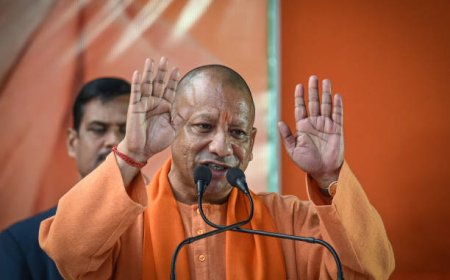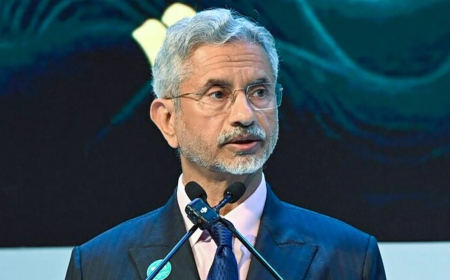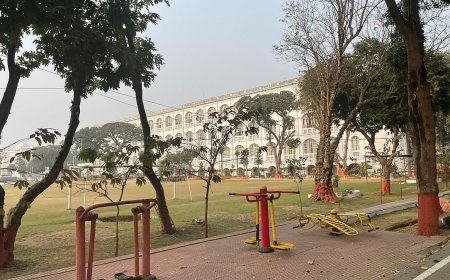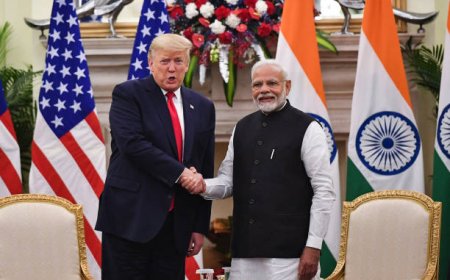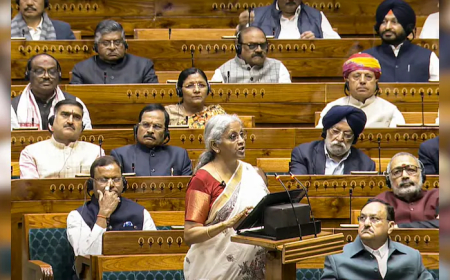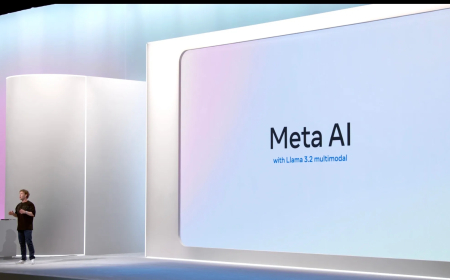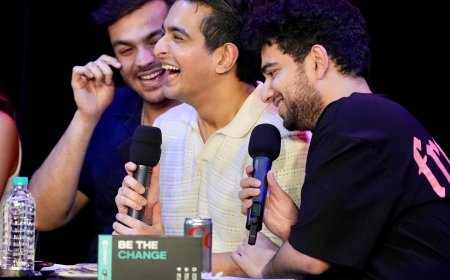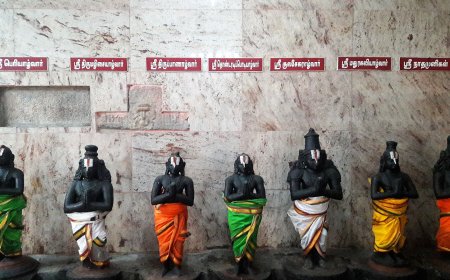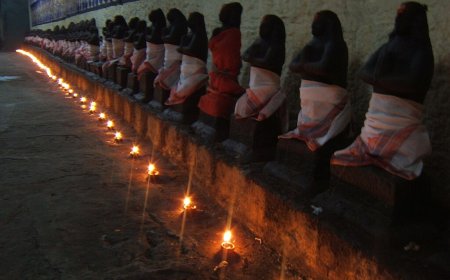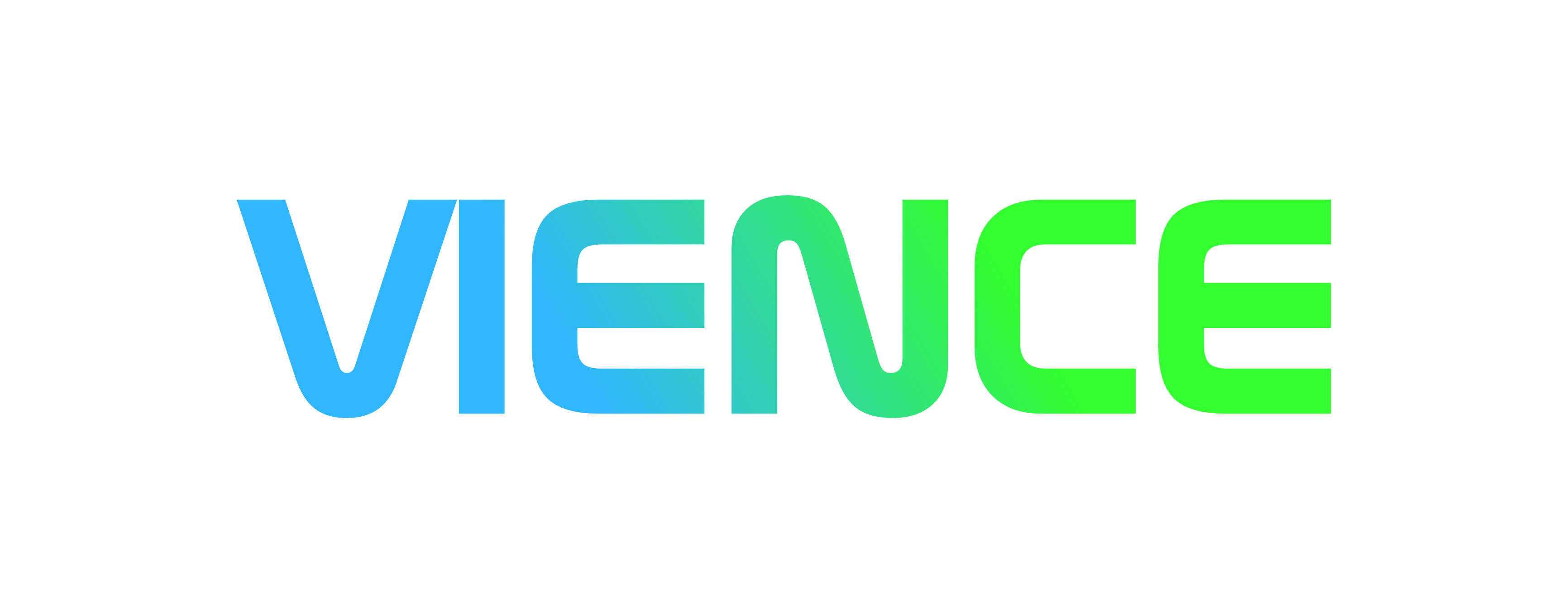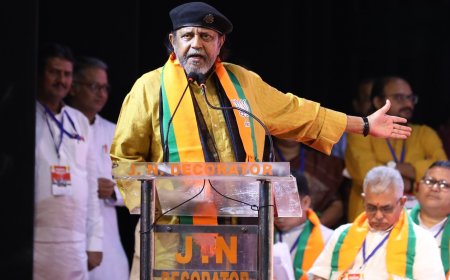Revolution or Rebellion? LLM Student Sues Jindal Global Law School Over AI-Generated Exam Submission
LLM student sues Jindal Global Law School for failing him over an AI-generated exam submission. | A first-of-its-kind case in India, sparking debates on AI in academia

In a groundbreaking and contentious move, an LLM (Master of Laws) student from Jindal Global Law School (JGLS) has taken the institution to court, alleging unfair treatment after being failed for submitting an examination answer generated using Artificial Intelligence (AI). This unprecedented case in India throws into sharp relief the complexities of integrating technology into academic assessments, raising fundamental questions about the future of education, the role of AI, and the very essence of learning.
At the heart of the dispute lies the student's decision to utilize AI tools to complete an exam, a choice that JGLS deemed a violation of its academic integrity policies. The institution's stance is rooted in the traditional understanding of cheating, where the use of unauthorized aids during exams is strictly prohibited. However, the student's argument challenges this narrative, positing that in an era where AI is increasingly embedded in professional life, including legal practice, such tools should be embraced as a legitimate means of enhancing knowledge and efficiency.
This case sparks a broader debate on the readiness of Indian legal education to adapt to technological advancements. As AI and machine learning continue to transform the legal profession, with applications ranging from document review to predictive analytics, the question of how law schools should prepare students for this new landscape becomes paramount. By litigating this issue, the student is, in effect, forcing a national conversation on whether academic institutions are doing enough to future-proof legal education.
The lawsuit also delves into the murky waters of what constitutes "cheating" in the digital age. Traditional notions of academic dishonesty are being continually tested by the ubiquity of AI-powered tools that can generate human-like text, solve complex problems, and even provide real-time language translation. This challenges law schools to redefine their policies on academic integrity, distinguishing between the misuse of AI for blatant cheating and its legitimate, pedagogically valuable applications.
Moreover, this dispute highlights the evolving relationship between technology, teaching methods, and student learning outcomes. Proponents of AI integration in education argue that, when properly harnessed, these tools can enhance student engagement, facilitate deeper understanding of complex subjects, and better equip graduates for the modern workforce. Conversely, critics worry about the erosion of critical thinking skills and the potential for over-reliance on technology.
As the Indian legal community and academia at large await the outcome of this landmark case, it is clear that the implications will extend far beyond the JGLS campus. The court's decision will set a precedent, influencing how educational institutions across India approach the interplay between AI, academic policy, and the preparation of future professionals. Will this pave the way for a more tech-savvy, forward-thinking approach to legal education, or will it reinforce traditional methods? The verdict, much like the AI-generated exam submission at its core, promises to be a game-changer.
In the context of global trends in legal education, this case places India at the forefront of navigating the AI dilemma. Observers from around the world will be keen to see how the Indian judiciary balances the competing interests of academic integrity, technological advancement, and the future of the legal profession. The outcome may inspire or caution other countries grappling with similar challenges, underscoring India's role as a leader in shaping the future of legal studies in the digital era.
The lawsuit against Jindal Global Law School serves as a poignant reminder that the integration of AI into education is not merely a technological challenge but also a deeply philosophical one, questioning the very foundations of how we learn, teach, and assess knowledge in the 21st century. As the case unfolds, it will undoubtedly inspire a reflective examination of these issues, ensuring that the future of legal education in India is both technologically adept and academically rigorous.





